#artificial intelligence law
Text


JUDE LAW as Gigolo Joe
A.I. - Artificial Intelligence (2001)
#jude law#ai artificial intelligence#menedit#movieedit#filmgifs#judelawedit#dailymen#dailyflicks#mensource#fyeahmovies#userstream#useroptional#tuserhan#usersavana#gaybuckybarnes#*#tammy
299 notes
·
View notes
Text
look, it's very simple. plagiarism is legal and bad. copyright infringement is illegal and good. Don't get it twisted
278 notes
·
View notes
Text

Two gloved cops, they forgot the shirt
#men in uniform#gants#guanti#leathergloves#gloved hands#ai generated#gloves#police#cops#unlined gloves#black leather gloves#leather gloves#law enforcement#gloved cops#artificial intelligence
86 notes
·
View notes
Text

73 notes
·
View notes
Text



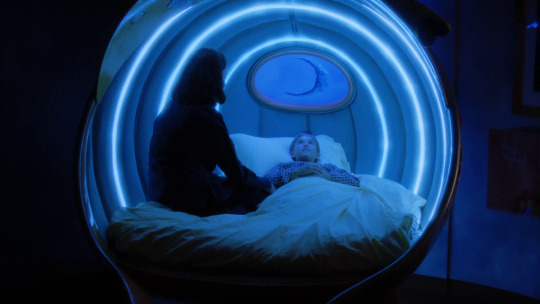

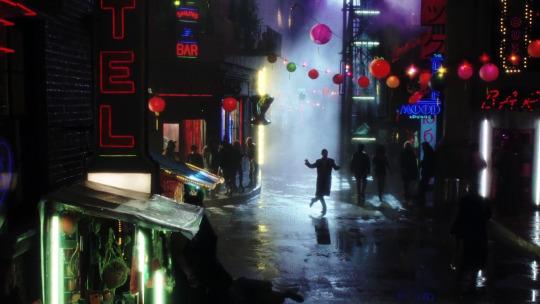
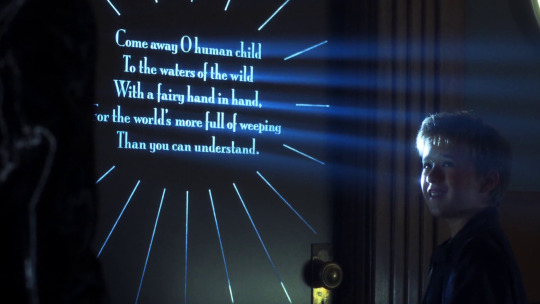
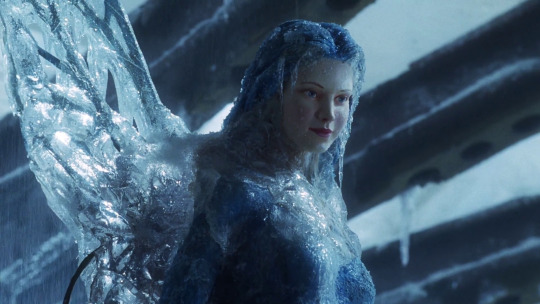
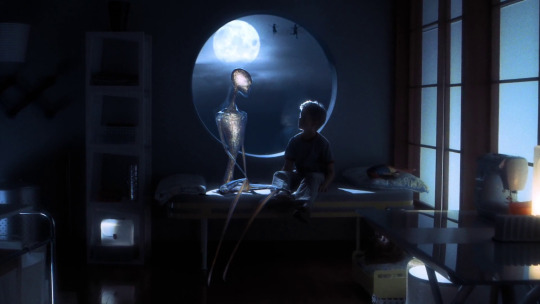
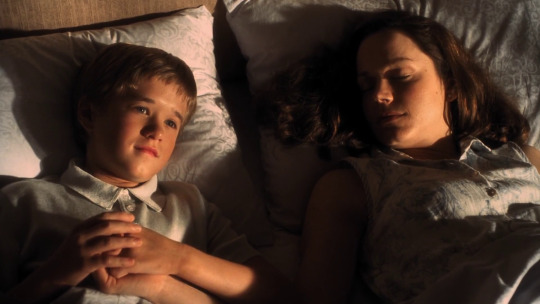
A.I. Artificial Intelligence (2001) | dir. Steven Spielberg
#a.i.#artificial intelligence#steven spielberg#haley joel osment#frances o'connor#jude law#films#movies#cinematography#screencaps
295 notes
·
View notes
Text
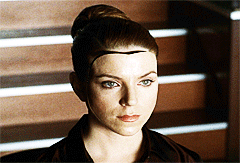
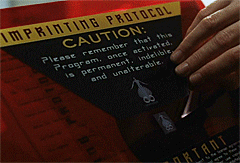
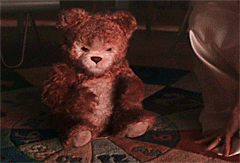
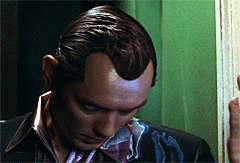
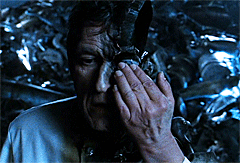
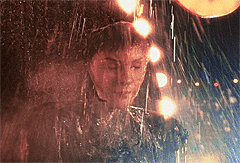
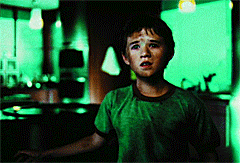
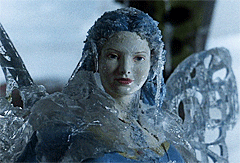
A.I. Artificial Intelligence - (2001) dir. Steven Spielberg
26 notes
·
View notes
Text
AI-Created Art Isn’t Copyrightable, Judge Says in Ruling that Could Give Hollywood Studios Pause

A federal judge on Friday upheld a finding from the U.S. Copyright Office that a piece of "art" "created by" AI is not open to protection. The ruling was delivered in an order turning down a tech bro’s bid to challenge the government’s position refusing to register works made by AI.
The opinion stressed, “Human authorship is a bedrock requirement.”
Copyrights and patents, the judge said, were conceived as “forms of property that the government was established to protect, and it is understood that recognizing exclusive rights in that property would further the public good by incentivizing individuals to create and invent.”
The ruling continued, “The act of human creation — and how to best encourage human individuals to engage in that creation, and thereby promote science and the useful arts — is thus central to American copyright from its very inception.”
Copyright law wasn’t designed to protect non-human actors.
The order was delivered during the writers and actors strike seeking protection from AI infringement (among other corporate abuses), and as courts also weigh the legality of AI companies training their systems on copyrighted works. Those lawsuits, filed by artists and artists in California federal court, allege copyright infringement and could result in the firms having to destroy their large language models.
full story: X
Here's how humans can retain creative control despite tech bros trying to remove artists from the creative process: Make it so they can't profit from human creativity, and only give human creators legal protection for their work. When someone driven by profit can't profit from something, they'll move on to something else.
92 notes
·
View notes
Text
How To Hack The Law
Do you ever idly puzzle through various ideas for a "perfect crime"? It's awkward to talk about -- you don't actually want to do them, you don't actually want to give anyone a bright idea, but they're still so interesting to think through.
The legal community is abuzz with the story of a lawyer who relied on ChatGPT to do his research and submitted a brief filled with entirely invented cases. ChatGPT just made them up out of air -- complete with names, citations and quotes -- and the lawyer dutifully added them to the brief. When opposing counsel tried to read the cases for themselves, they were baffled because they couldn't find any trace of them. The presiding judge went so far as to contact the clerk of the courts where the cases were allegedly filed, confirming their non-existence. Now the lawyer is facing sanctions; he is begging for mercy on the grounds that he had no idea ChatGPT would lie to him like that.
I know of very few lawyers who have sympathy for this lawyer. But imagine a slightly different case. Let's say that LexisNexis developed a glitch where it invented a case. If you typed in the (invented) citation to the case, it would pop up on Lexis the same as any other case -- name, judge panel, court, reasoning, everything. But the case isn't real; it was a complete invention. If a lawyer came across such a "hallucinated" decision on Lexis, I think we'd be very forgiving if she ended up being deceived and relied on the case in her briefs. Indeed, I actually wonder, in a situation, like this, how long it would take the legal community to figure out that the case wasn't real.
For example: the last case contained in volume 500 of the Federal Reporter (3d) is Jacobsen v. DOJ, 500 F.3d 1376 (Fed. Cir. 2007). That case ends on page 1381. Suppose an enterprising criminal hacks the Westlaw and Lexis database* and adds another case, call it Smith v. Jones, cited to 500 F.3d 1382. To further cover her tracks, the criminal "assigns" the case to a panel of judges who are no longer active on the court, to make it less likely one of them will see it and be like "I don't remember that decision." Smith v. Jones, of course, can be about and say whatever the criminal (or the unscrupulous lawyer who hired her) wants it to. Need a precedent that appears to decisively resolve a contested point of law in your favor? Voila -- the new case of Smith v. Jones is there to meet your needs. Indeed, the diligent criminal could add one or two new precedents per volume on a range of topics, providing bespoke "new" precedent to shift the legal terrain on an array of different issues.
If this happened, again I ask: how long would it take for the legal community to figure it out? If the initial hack was undetected, could one get away with doing this? Certainly, there would still be ways to confirm the cases are not real. If one back-checked the cases back to the clerk's office, one would discover they're vapor -- but realistically, that almost never happens. We take Lexis and Westlaw as proof enough; I'm not sure I can imagine a circumstance where I would try to confirm the veracity of a case I saw on Westlaw or Lexis by contacting the clerk's office. There probably would be some other hints that the cases were suspect -- the lack of citations from other cases would be a significant hint that something is shady -- but I can imagine a crime like this slipping by us for some time. And the longer it goes unnoticed, the more these cases have the opportunity to subtly adjust the overall trajectory of law in a new direction.
It's a scary thought, no? We're very reliant on the robustness and reliability of online databases. If they start to falter, we run into seriously trouble very quickly.
* Note: I assume -- and desperately hope -- that this is difficult-to-impossible to do.
via The Debate Link https://ift.tt/hLkYFA1
96 notes
·
View notes
Text



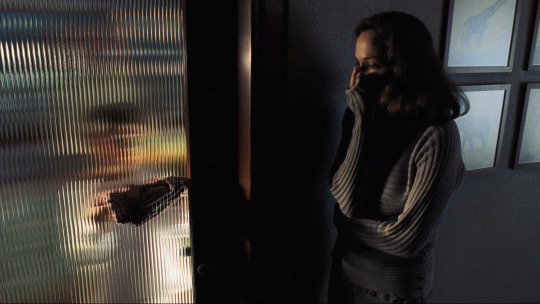
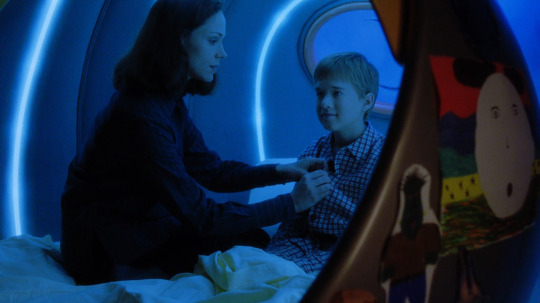
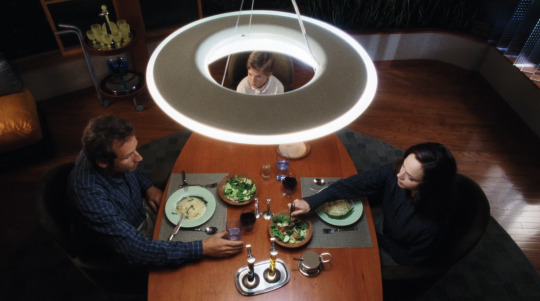
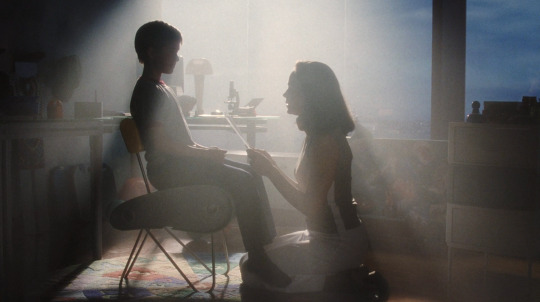
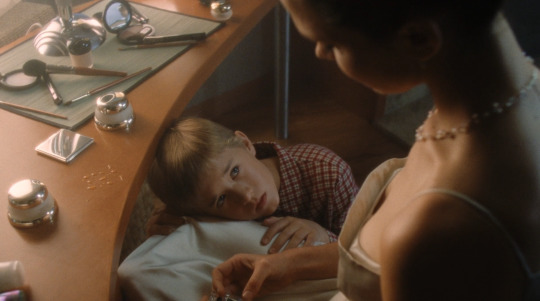
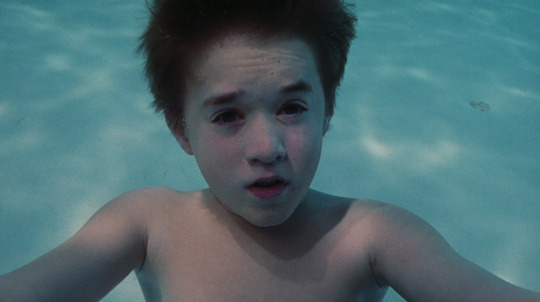

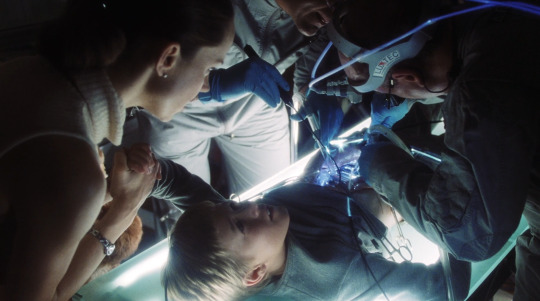




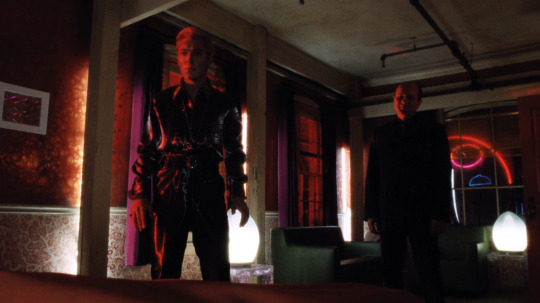



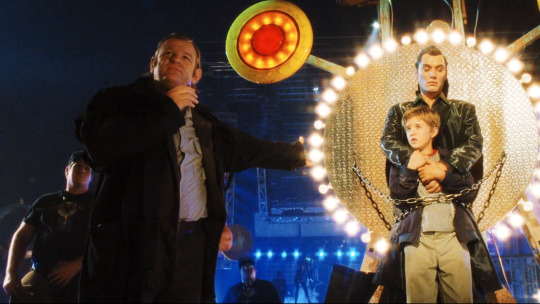
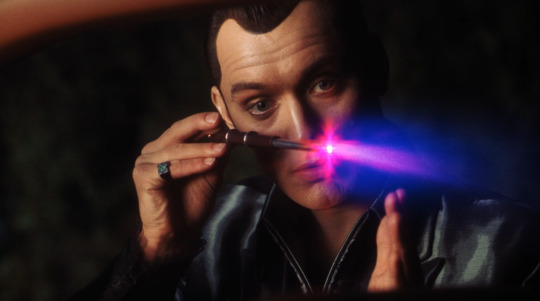
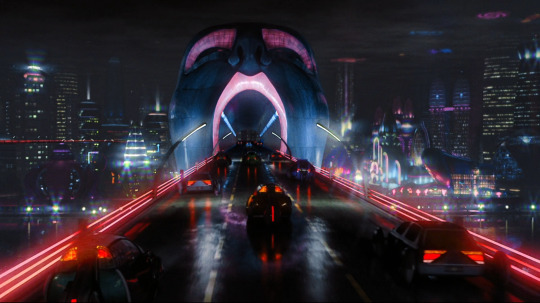
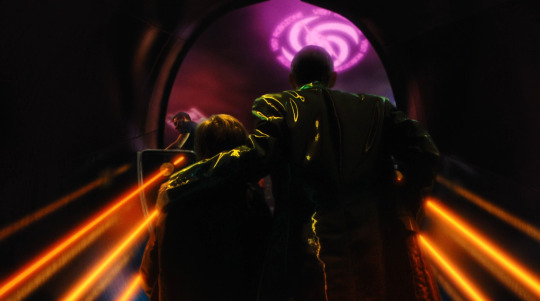

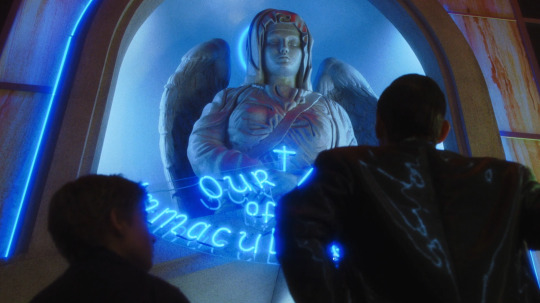
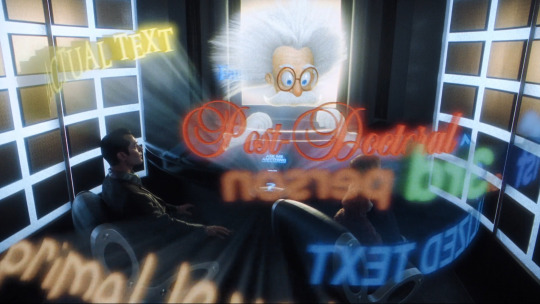
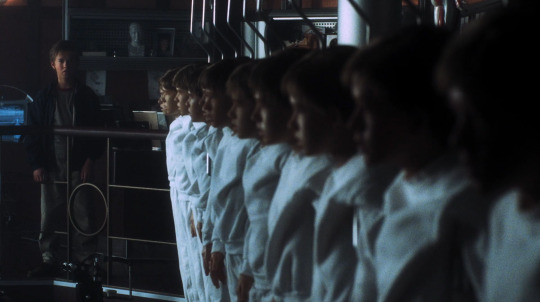
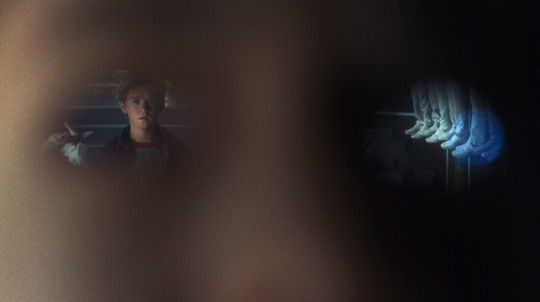
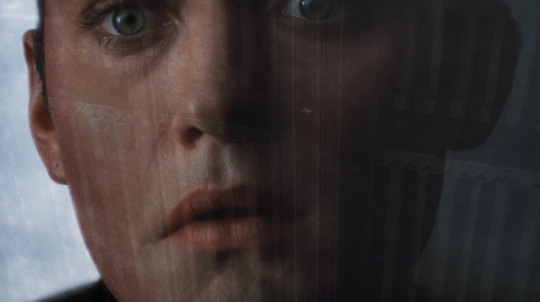

A.I. Artificial Intelligence (2001)
Adapting an incomplete script from Stanley Kubrick, Stephen Spielberg delivers one of his darkest films to date (which may make it secretly one of his best), dependent on a stunning, heartbreaking performance by Haley Joel Osment (and an equally moving turn from an always underrated Jude Law).
Director: Steven Spielberg
Cinematographer: Janusz Kamiński
Starring: Haley Joel Osment, Jude Law, Frances O'Connor, Brendan Gleeson, and William Hurt
#ai#artificial intelligence#a.i.#2001#steven spielberg#stanley kubrick#haley joel osment#jude law#brendan gleeson#william hurt#janusz kaminski#early 00s#00s movies#00s film#2000s movies#2000s films#early aughts#science fiction film#science fiction#androids#scifi
69 notes
·
View notes
Text
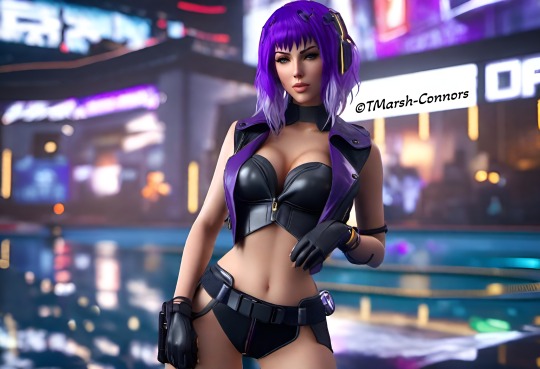




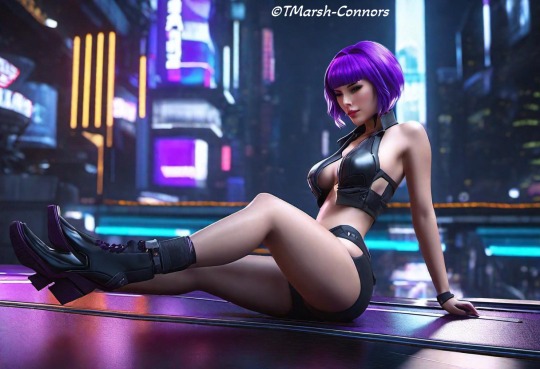

Cybernetics Girl
#Cyberpunk#Science Fiction#Anime#Manga#Cybernetics#Artificial Intelligence#Existentialism#Transhumanism#Hacking#Society and Technology#Action#Dystopia#Law Enforcement#Philosophy#Virtual Reality#Futuristic#Identity#Technological Advancements#Human-Machine Interface#Political Intrigue#Mind Upload#Consciousness Exploration#Futuristic Cityscapes#Surveillance#Futuristic Weapons#Ethical Dilemmas#Techno-Thriller#Androids#Mystery#Mind-Hacking
34 notes
·
View notes
Text

#action#advancements#anime#artificial#cybernetics#cyberpunk#dystopia#enforcement#existentialism#fiction#futuristic#hacking#identity#intelligence#interface#intrigue#law#manga#mind#philosophy#political#reality#science#society#technological#technology#transhumanism#upload#virtual#today on tumblr
5 notes
·
View notes
Text

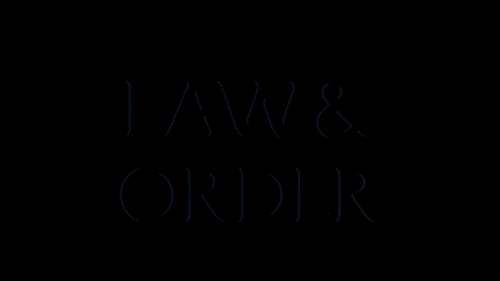

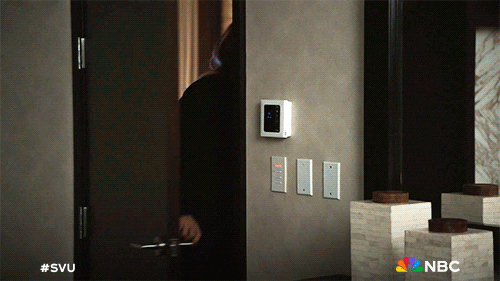
NOTE: NBC needs to green light ASAP a 2 hour LAW & ORDER: SVU w/ special guest star: Taylor Swift. Everyone would watch it. It would be topical and shine more public awareness on this issue. Plus, the ratings would be HUGE!!!
#taylor swift#swifties#cyberpunk#deep fakes#ai#ai artwork#law and order svu#law & order: svu#svu#nbc#NFL#Super Bowl#olivia benson#giphy#television#law and order special victims unit#artificial intelligence#kansas city chiefs#49ers#taylor's version#bad blood#twitter#x#instagram#facebook#tumblr#social media#blockbuster#the eras tour#cats
12 notes
·
View notes
Text

Two gloved cops
#men in uniform#gants#guanti#leathergloves#gloved hands#ai generated#gloves#police#unlined gloves#black leather gloves#gloved cops#law enforcement#leather gloves#artificial intelligence
33 notes
·
View notes
Text
The Open Art Guild Project: a proposal to empower collectively owned art
Over the last few decades we have seen the degradation of copyright, the blatant manipulation of intellectual property law in order to monopolise wealth and the exploitation of artists in favour of an economy of artistic landlordship: massive corporations holding the prole artist hostage to their increasingly unoriginal library of content produced not to encourage creative enlightenment, but to hold on to properties that ought to be already in the public domain. The capitalist owns the IP, so the capitalist keeps getting richer, while the artist is more and more oppressed, overworked, underpaid, scammed out of their rightful intellectual property, deplatformed, and automated away whenever possible. This is unsustainable, and the arrival of new technologies for digital art automation has overflowed that unsustainability to its breaking point. We cannot continue down this path.
The Open Art Guild is my proposal to remedy this. This proposal consists of two main parts: a copyright standard, designed for the fair distribution of income and the collective ownership of intellectual property; and a distribution platform, planned to empower artists big and small to profit from said intellectual property without being under the thumb of corporations or fighting one another under senseless infighting caused by bourgeois class warfare. The artist should not fight the artist over ownership of rights. The big artist should not see the small artist as a threat, nor should the small artist see the big artist as an obstacle to their own growth. Through mutual empowerment, both may prosper.
The Open Art Guild License
The Open Art Guild License is built upon the current Creative Commons 4.0 License. This license is irrevocable until the work qualifies for public domain according to all relevant legislations, provided that the artist remains a member of the Guild. In order to participate in the Guild, an artist shall follow the following precepts:
The artist shall only publish works under the OAG License that have licenses available to the public. This means public domain, open source, Creative Commons and works created by other members of the Guild. Works derived from privately owned media, such as fanart of intellectual properties not part of the Guild, shall be excluded from the Guild. If the artist did not have permission to use it before, or if the artist only has individual permission, the work will not qualify for Guild submission.
All works created under the OAG License shall be free to adapt, remix, or reuse for other projects, even commercially, provided that the artist doing so is also an active member of the Guild, that the projects derived from it are also under the OAG License, and that the artist follows through with their dues and obligations.
Whenever the format permits, the artist shall provide the assets used for the works in their raw form in a modular fashion, including colour palettes, sound assets, video footage, code, screenplays, subtitles, and any other elements used in the creation of their work, in order to facilitate their reuse and redistribution for the benefit of all other artists.
The artist waives their right to 30% of the total profit generated by works submitted to the guild, regardless of where it is published. This revenue shall be redistributed in the following manner:
10% shall be designated towards the maintenance of the Open Art Guild platform. In absence of a platform that follows the requirements to belong to the Guild, this percentage shall be donated towards a nonprofit organisation of their own choosing dedicated to the protection and distribution of art in any of its forms. Some examples may include Archive.org, Archive Of Our Own, Wikimedia, or your local art museum or community center. Proof of donation shall be made publicly available. The artist shall empower the Guild, as the Guild has empowered the artist.
10% shall be designated towards the Open Art Guild legal fund. In the absence of a fund dedicated to the protection of the OAG, this percentage shall be donated towards a nonprofit organisation dedicated to the protection of the legal rights of artists in any of their forms. Some examples may include Creative Commons, the Electronic Frontier Foundation, the Industrial Workers of the World, or another artist union like the WGA. Proof of donation shall be made publicly available. The artist shall protect the Guild, as the Guild shall protect the artist.
10% shall be designated towards the Open Art Guild creator fund. In the absence of a fund dedicated to redistribute the profits of the OAG, this percentage shall be donated to other members of the Guild, prioritising small creators. Alternatively, it may be directed towards the recruitment of new members to the Guild via donation and an invite. Proof of donation shall not be required, but the receiving artist(s) is(are) encouraged to declare in their own platform that the donation was received. The artist shall give to the Guild, as the Guild has given to the artist.
The artist shall continue to create Guild submissions for the duration of their membership, with a minimum of one submission per month in order to guarantee their continued support. The artist shall live off of labour, not property.
In return for these duties, the artist shall receive:
Permission to adapt, remix, or reuse any of the works in the Guild’s archive for their own derivative works, fan fiction, remixes, collages, or any sort of transformative application, provided dues and obligations are in order.
Protection of their intellectual property as part of the collective works of the Guild by the legal fund designated and sustained by all paying members, to prevent non Guild members from trying to exploit their works unauthorised.
If an artist strikes a deal for non-Guild adaptation, the proportional dues shall also be paid to the Guild fund and members by the non-Guild institution in charge. Said deal shall not be allowed an exclusivity clause, and all works derived from a Guild work shall follow through with their dues in perpetuity. If the non-Guild entity chooses to terminate the business relationship, all intellectual property rights over the adaptation shall irrevocably be granted to the Guild as compensation, guaranteeing the distribution to the creators and the legal fund, as well as the follow-through with whatever payment terms the Guild artist has agreed to.
No Guild artist shall prosecute another Guild artist for use of works under the OAG License, provided that the derivative work also follows the OAG License terms. If these terms are violated, amicable resolution shall be sought by both parties. If litigation becomes inevitable and compensation is required, said compensation will also require the 30% dues to fund the Guild and its members, no matter which way it sides. In no case shall an artist, Guild or non-Guild, be left without recourse.
If an artist becomes unable or unwilling to continue to pay their dues, the artist shall be given an option to suspend or cancel their membership. If a membership is suspended, the artist will be excluded from the creator fund until their dues are renewed. No compensation shall be required of the artist for the suspension period, and all protections other than the creator fund shall still apply. If a membership is cancelled, all works published by the artist under the OAG License shall automatically be granted a Creative Commons 4.0 License instead, in order to protect Guild members from litigation by non-Guild members.
Membership that has been cancelled shall be renewable at any time, provided that the former Guild artist has not engaged in predatory litigation against Guild member or the Guild itself. The Guild shall determine what constitutes predatory litigation on a case-by-case basis. Licenses that were lost during cancellation shall not be given back, as CC4.0 is irrevocable, but new works shall still qualify for OAG Licenses.
These protections shall not be conditional to the artist’s moral values or the content of the works created. All works that do not break the laws applicable to the jurisdiction from which they were submitted shall be treated with the same respect and granted the same rights and obligations, in perpetuity and throughout time and space within the known multiverse. The Guild shall not exist to police art, but to promote it.
Open Art Guild License Template
All submissions of Guild works and projects shall include the following legend, both in English and in the publication language when applicable. Point 4 may be omitted if the artist chooses not to submit the work for dataset training.
This work was created and published under the Open Art Guild license, and has been approved for reuse and adaptation under the following conditions:
For personal, educational and archival use, provided any derivative works also fall under a publicly open license, to all Guild members and non members.
For commercial use, provided redistribution guidelines of the Guild be followed, to all active Guild members.
For commercial use to non Guild members, provided any derivative works also fall under a publicly open license, with the explicit approval of the artist and proper redistribution of profit following the guidelines of the Guild.
For non commercial dataset training of open source generative art technologies, provided the explicit consent of the artist, proper credit and redistribution of profit in its entirety to the Guild.
Shall this work be appropriated by non Guild members without proper authorisation, credit and redistribution of profit, the non Guild entity waives their right to intellectual property over any derivative works, copyrights, trademarks or patents of any sort and cedes it to the Creative Commons, under the 4.0 license, irrevocably and unconditionally, in perpetuity, throughout time and space in the known multiverse. The Guild reserves the right to withhold trade relations with any known infractors for the duration its members deem appropriate, including the reversal of any currently standing contracts and agreements.
#Open Art Guild#OAG#intellectual property#copyright law#ip law#fair use#open source#creative commons#public domain#anti capitalist#worker solidarity#collective action#redistribution of wealth#class solidarity#late stage capitalism#wga strong#sag strike#anti ai#generative art#artificial intelligence#fan art#fandom
22 notes
·
View notes
Text










A.I. Artificial Intelligence (2001) | dir. Steven Spielberg
#a.i.#artificial intelligence#steven spielberg#haley joel osment#frances o'connor#jude law#films#movies#cinematography#screencaps
47 notes
·
View notes
Text
AI in predictive policing: “If you really wanted to make predictions about where a crime was going to occur, well, it would send you to Wall Street,” EFF’s Kit Walsh says on the new episode of “How to Fix the Internet.”
#eff#electronic frontier foundation#artificial intelligence#law#morals#ethics#human rights#minority report#predictive crime#predictiveanalytics#predictions#predictivemaintenance#predictable#predictive analysis#ausgov#politas#auspol#tasgov#taspol#australia#fuck neoliberals#neoliberal capitalism#anthony albanese#albanese government#class war#wall street#oppression#repression#fascism#exploitation
5 notes
·
View notes